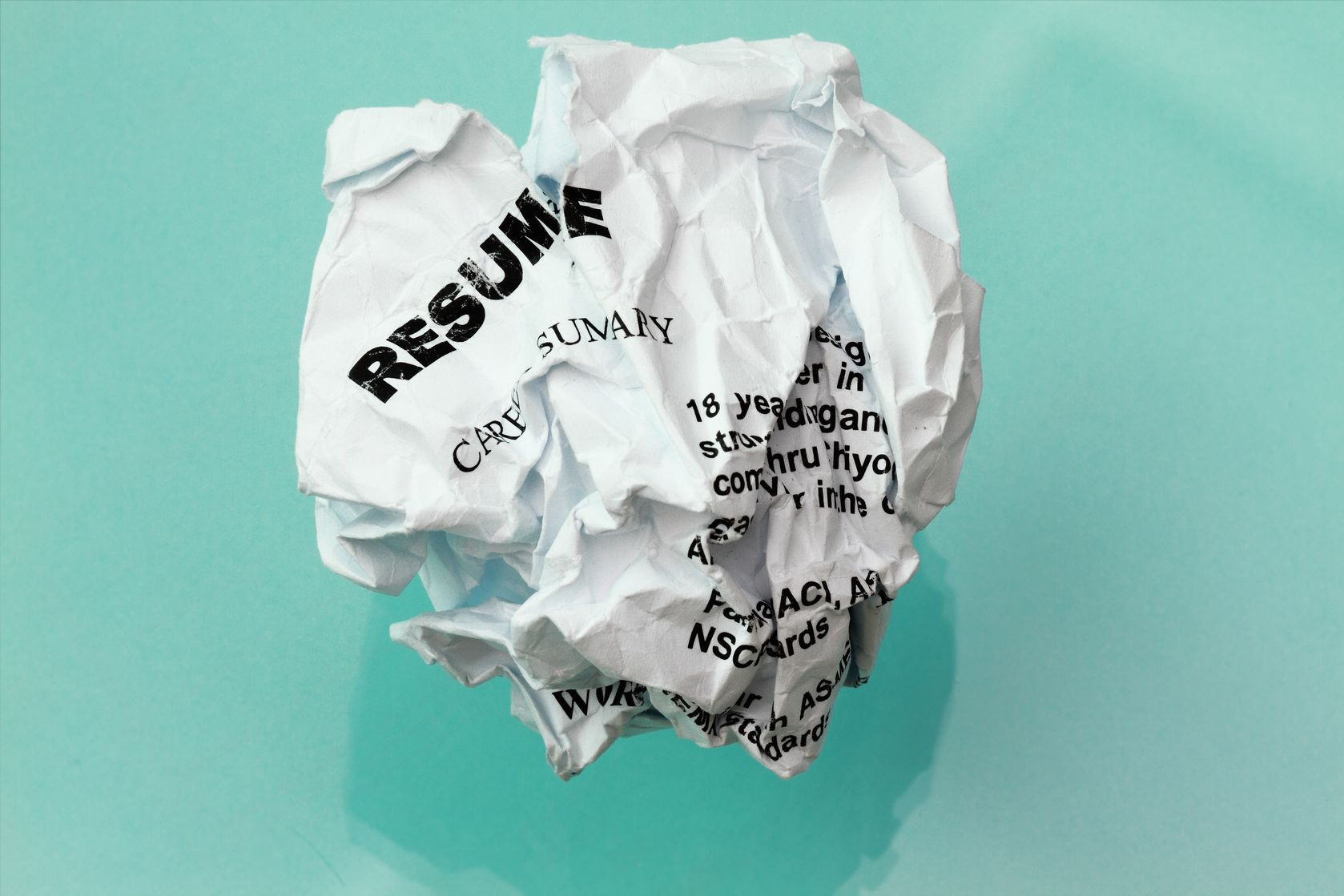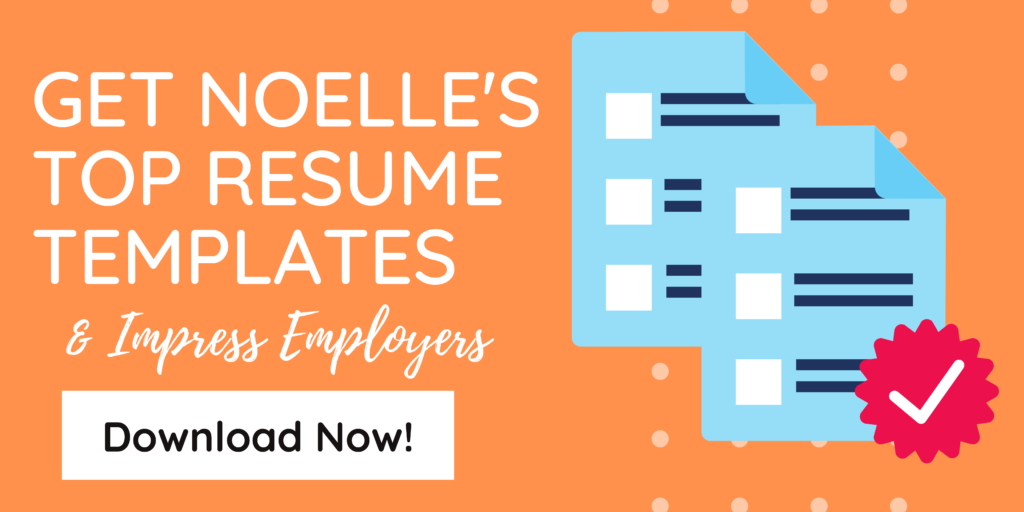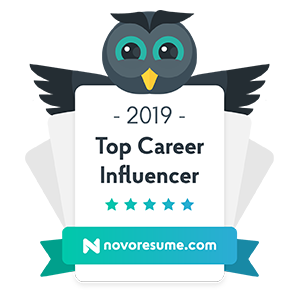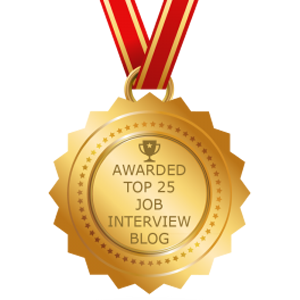Competition for jobs is stiff and you don’t want to unknowingly eliminate yourself from the running by making small mistakes that could have been avoided. What you don’t know about some of the most common resume mistakes could really hurt you. I’ve critiqued hundreds of resumes in my time recruiting and career coaching and these are some of the most common; mistakes you might be making as well. In this post we will share the top 10 biggest resume mistakes and simple fixes for creating a stronger resume.
1. Lack of immediate, clear brand will be an immediate hiring manager turn-off
Resumes are no fun to read. Think about it. When’s the last time you read someone else’s resume word for word? Probably never. So just imagine a hiring manager with a stack of resumes. Do you think he or she is going to dig into every detail of your resume to figure out if you’re a fit? Absolutely not. Yet most of the resumes I critique lack a crystal clear brand message. Instead they are text-heavy with overly cliche content. Resumes are not the places to experiment with creative writing. You only have 6-seconds to capture the hiring manager’s attention. Therefore you need to make your brand appear as an immediate fit. The best way to do this is by using a very clear branding strategy.
Expert Resume Tip:
Say what you mean and mean what you say. If you’re an exact fit for the job title in the job description, call yourself by the same job title in your resume headline. The best place to do this is at the top of your resume. The top of the resume is extremely valuable in terms of establishing your brand. This is the first place a reader will look since this is naturally how we scan pages when reading (top to bottom). Similar to a strong LinkedIn headline, you want to present an immediate, clear brand. Anything less will be confusing and cause the hiring manager to tune out. Incorporate a heading near your name that tells the reader EXACTLY what you’re about. Also take advantage of the space immediately under your heading to incorporate concise, relevant keywords that support your brand.
Get Noelle’s FREE record-setting resume samples to see a strong headline NOW!
2. Including your physical mailing address in your resume header may make you seem outdated
It’s a question I tend to get a lot: Do I include my mailing address in the resume header? The short answer is: NO! There are some resume practices that expire over time. In my expert opinion, this is one of them. It’s not as if the employer is going to be mailing you anything anytime soon. Include your city or state if you must but don’t feel you need to list the entire physical address. If you are applying to an out of state job DEFINITELY omit your mailing address if you want to make it through the initial recruiter screen. The only exception to this rule would be to showcase your proximity to the employer address. There are some job specs that express interest in local candidates. Therefore, if you find yourself targeting these jobs, and you are local, including your physical address becomes beneficial.
Expert Resume Tip:
Keep your resume header current. Your email address and phone number are sufficient forms of contact information. To give your brand an extra edge you will also want to add your LinkedIn vanity URL. Adding a LinkedIn URL is particularly important for candidates in the 50-plus age category.
3. Remove your objective statement or risk appearing out-of-touch
Including an objective statement is just as outdated as including a physical mailing address. The objective statement is dead so remove it from your resume ASAP. Whenever I come across a resume with an objective statement, I form an instant impression of a candidate who is quite out of touch. After all, how could you not even google “resume tips” or consult with someone on resume best practices? The bottom line is this: if you have an objective statement, you will potentially appear to be a dinosaur.
Expert Resume Tip:
Nix the objective statement and replace with a professional summary paragraph instead.
4. Any hint of work authorization complications may eliminate you from the initial resume screen
For all my international readers, this is that elephant in the room that recruiters & hiring managers like to dance around. Since I’m a straight-shooter, I’ll give it to you straight. Resumes that indicate you are potentially a citizen from another country tend to get passed over for early to mid-level roles as well as MBAs. The reason for this is that figuring out visa status and work authorization is a total nightmare for the non-expert, which just so happens to be most hiring managers, recruiters and lower level HR personnel. Indicators that you are not a U.S. citizen include: international mailing address, most of your experience and education is abroad, or your name is not particularly local. Unfortunately if your resume possesses any of these indicators, your resume won’t make it past the initial screen.
Expert Resume Tip:
If you possess any of the indicators mentioned above, and you are a U.S. citizen or greencard holder, you’ll want to make that clear at first glance. This will ensure your reader doesn’t make any wrong assumptions based on fears of decoding visas/legalities, etc. If your work authorization story is more complex (OPT, H1-B, J, etc.), your best bet is being very up-front and targeting companies that have a track record of hiring more complex authorization cases.
5. Avoid an overly cliche professional summary
When I worked in executive recruiting, I had a tendency to skim past the top of the resume down to the experience. This is how most recruiters “read” resumes. Recruiters are more interested in your experience and dates of employment. However, the top of your resume is PRIME real estate for highlighting your strongest assets. Since your resume will be read by both recruiters and non-recruiters alike (HR, hiring manager, etc.) you need to use the top of the resume to sell yourself. Typically, professionals will shove a zillion overly-cliche words into a paragraph that tells the reader nothing at all (and is overly inflated by the biased writer). Don’t do this. If your opening statement includes things like: Detail-oriented, team player with the drive to produce results, you are committing a cardinal sin and your objective statement needs to be axed immediately.
Expert Resume Tip:
Try replacing with your greatest professional accomplishments as relevant to the position in question. If you’re an entry-level candidate, with little experience, it’s perfectly fine to indicate your target role/industry as well (so long as it is relevant to the job). This will help the hiring manager know your intentions and interest.
“I had been thinking for some time about a career shift but did not know where to begin. I discovered NG Career Strategy, and they helped me discover my true self. Together with my writer, I built a powerful resume, insightful cover letter, and eye catching LinkedIn profile. My resume writer taught me strategies to build my brand and stand out from the competition. When I finally applied for my first job, I received an interview request in 4 minutes! I cannot thank NG Career Strategy for the transformative experience and would enthusiastically recommend them to anyone needing help with their career.” – Anand, Medical Professional and The Works client
6. If your resume has an unclear layout or a confusing eye scan your resume will be doomed for the trash
If I were a broken record, this would be my song. Your resume gets 6 seconds before it hits the trash. If it’s confusing at first glance, I’m convinced it gets less than 3. Remember, the reader doesn’t like being confused so make your layout beautiful and easy to read.
Expert Resume Tip:
Download a strong, recruiter-approved, ATS-optimized resume template and you will be confident that your resume is clear and scannable!
7. Listing too many bullets will de-emphasize your strongest results and bore the reader
Bullet abuse is all too common. In fact majority of resumes I’ve reviewed have WAYYYY too many bullets. Just because you did a lot of things in your career, doesn’t mean you have to create a million bullets out of them. Less is more when it comes to your bullets. Reserve your bullets for accomplishments. For all other tasks/responsibilities, use a short paragraph description above the bullets.
Expert Resume Tip:
Limit yourself to 4-6 bullets per role. Use less bullets, or none at all – for roles that are not particularly relevant to your target job. For example if you are using a gap-filler role that didn’t have much career significance, just use a brief paragraph instead of bullets.
8. Don’t use weak bullets
Just as you don’t want to overwhelm the reader with too many bullets, you also want to avoid listing bullets just for the sake of having bullets. Readers only want to know what’s relevant. It’s practically guaranteed that they are not reading all of your bullets in any case. Therefore make your bullets count by including only strong, results-oriented bullets.
9. Including too much information or detailed college information
If college was a long time ago (aka your resume is now 2 pages instead of 1), consider sparing the reader all the nitty-gritty details of your glory years. GPAs become less relevant with the more experience you gain. Awards = meh if they aren’t of Nobel Peace Prize stature. College coursework? No thank you. College accolades were great for landing your first job out of college. However, after your first job, employers care more about tangible experience. Can you actually do the job? This is what the hiring manager wants to know. One of the benefits of removing old college highlights is that it clears up more space for other valuable resume content.
Expert Resume Tip:
Take a very honest look when it comes to old-school college stuff and delete as much as possible.
10. Listing all your hobbies may do more harm than good
Hobbies are similar to college extras. They aren’t going to be your strongest resume content. Some hobbies may also be considered controversial. So you want to be 100% sure your hobby is a tried and true eye-catcher for your reader. Unless your hobby is a showstopper or guaranteed conversation piece, omit it.
Expert Resume Tip:
Really consider company culture when determining whether or not to incorporate your hobbies. For example, if you are working in a culture with highly ambitious, athletic types, your marathon-running would be something that is appropriate. For a more relaxed, start-up, your stint as a college mascot will be just nerdy/bizarre enough to warrant props (so keep it on the resume).
11. Poor use of resume real estate on your resume pages
Nothing irks a “professional resume-reader” more than some messed-up, inconsiderate resume real estate (or formatting). It’s one thing to confuse the reader with poor formatting but it’s another to annoy the reader because you couldn’t figure out how to use Microsoft Word. Take time to create a visually appealing document, avoiding specific eyesores around margins, spillover onto a 3rd page, etc. Creating a crisp, clean read will go a long way towards impressing your reader and standing out amongst the competition!



 When Is It OK to Quit Your Job Without Another Lined Up?
When Is It OK to Quit Your Job Without Another Lined Up?


